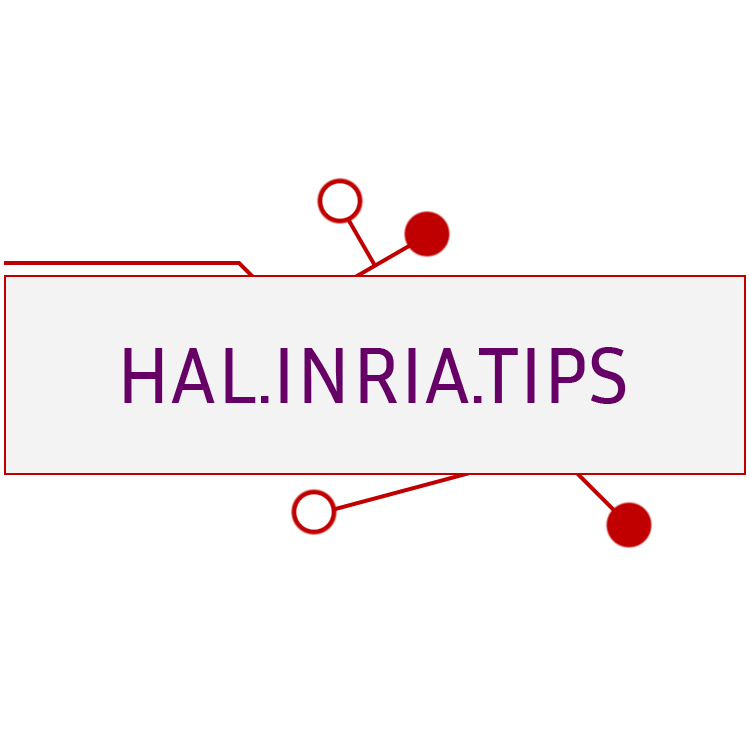Fill in your ANR and European projects correctly in Hal

Since March 5, 2024, ANR projects are automatically extracted from the metadata, provided that they are mentioned in the pdf file of your submission. This functionality will soon be extended to European projects (see: CCSD Documentation).
However, it is essential that the contributor provides this information and ensures that the funding of ANR and European projects is indicated as accurately as possible in the PDF file as well as in the metadata.
This will allow:
• Reliable, high-quality data
• Promoting publications on the anr.hal.science portal anr.hal.science
• Creating collections that showcase the scientific output of these projects
• Commitment to open access to publications and data, as recommended by the ANR and the European Union
How to report an ANR or European project?
In the PDF file:
ANR and European projects must be mentioned in your pdf file, if possible, in a “Funding” section (For example: "Acknowledgement", "Support", "Funding"...).
In the metadata:
Go to the "Funding" field
For ANR projects, enter the decision code (ANR-00-xxxx-0000), the project acronym or the project title, then select the corresponding project from the drop-down list.
Pour les projets ANR, il est nécessaire de renseigner le code décision (ANR-00-xxxx-0000), l'acronyme du projet ou le titre du projet, puis de sélectionner le projet correspondant parmi la liste déroulante
For European projects, you must indicate the project(s) associated with the publication submitted.
Latest full text submissions to hal.science
